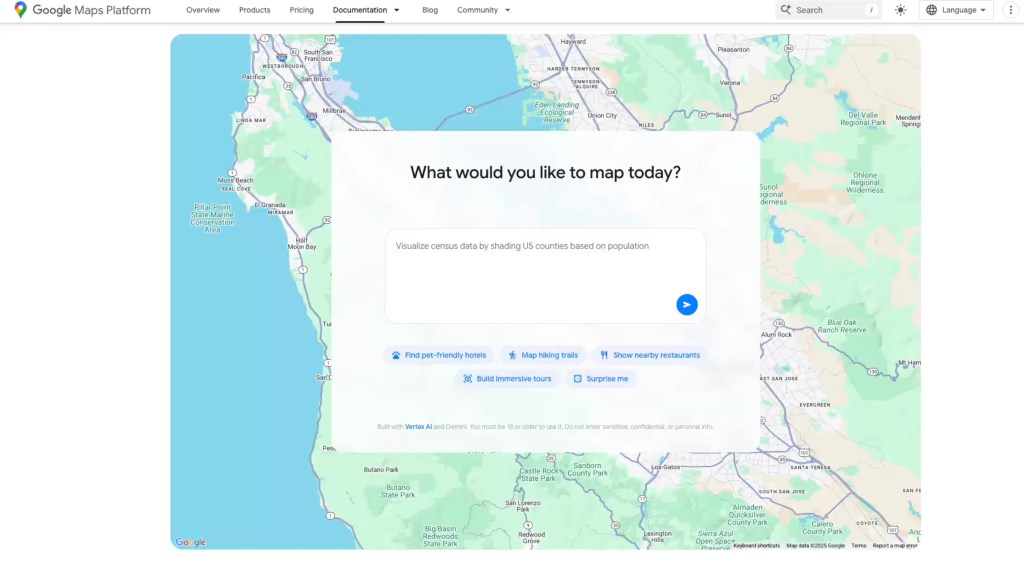Mastodon CEO Eugen Rochko Steps Down Amid Organizational Restructuring
In a significant shift for the decentralized social media landscape, Eugen Rochko, the founder and driving force behind Mastodon, has announced his resignation as CEO. This decision aligns with Mastodon’s ongoing transition to a non-profit structure, a move aimed at ensuring the platform’s sustainability and growth beyond the stewardship of a single individual.
Established as an open-source alternative to centralized social networks, Mastodon has championed user privacy and community-driven governance. The platform’s evolution into a non-profit entity is designed to reinforce these principles, fostering a more resilient and inclusive digital environment.
Leadership Transition and New Governance Structure
The restructuring introduces a board of directors to oversee Mastodon’s strategic direction. The board comprises notable figures such as Twitter co-founder Biz Stone, human rights advocate Esra’a Al Shafei, and Karien Bezuidenhout, an advocate for open-source initiatives. Felix Hlatky, who has been instrumental in Mastodon’s financial management since 2020, will assume the role of Executive Director. This collective leadership model aims to distribute responsibilities and infuse diverse perspectives into the platform’s governance.
Rochko’s departure from the CEO role is accompanied by a transition to an advisory position, allowing him to continue contributing to Mastodon’s mission without the demands of daily operations. Reflecting on his tenure, Rochko acknowledged the challenges of managing the platform single-handedly and cited burnout as a contributing factor to his decision. He emphasized the importance of work-life balance and expressed confidence in the new leadership team’s ability to guide Mastodon forward.
Financial Considerations and Future Prospects
In recognition of his dedication and the financial sacrifices made during Mastodon’s formative years, Rochko received a one-time payment of €1 million. This compensation acknowledges the below-market salary he accepted while building the platform.
The transition to a non-profit model is expected to open new avenues for funding, particularly within Europe. By establishing a non-profit entity in Belgium, Mastodon aims to leverage opportunities that align with its mission of promoting decentralized and user-centric social networking.
Implications for the Decentralized Social Media Ecosystem
Mastodon’s restructuring comes at a time when the social media landscape is increasingly scrutinized for issues related to privacy, data ownership, and centralized control. By embracing a non-profit structure and diversifying its leadership, Mastodon reinforces its commitment to providing an alternative that prioritizes user autonomy and community governance.
The inclusion of industry veterans and advocates in the board of directors signals a strategic effort to blend technological innovation with ethical considerations. This approach positions Mastodon to navigate the complexities of the digital age while staying true to its foundational values.
Looking Ahead
As Mastodon embarks on this new chapter, the focus will be on implementing the non-profit framework, expanding its user base, and enhancing platform features. The leadership team is tasked with balancing growth ambitions with the core principles of decentralization and user empowerment.
Rochko’s transition to an advisory role ensures that his vision and expertise remain integral to Mastodon’s evolution. His decision to step back underscores a broader conversation about sustainable leadership practices in the tech industry, highlighting the need for structures that support both organizational health and individual well-being.
In conclusion, Mastodon’s leadership transition and structural reorganization mark a pivotal moment for the platform and the broader movement toward decentralized social media. By embracing a non-profit model and fostering collaborative governance, Mastodon sets a precedent for platforms seeking to prioritize user interests over commercial imperatives.



